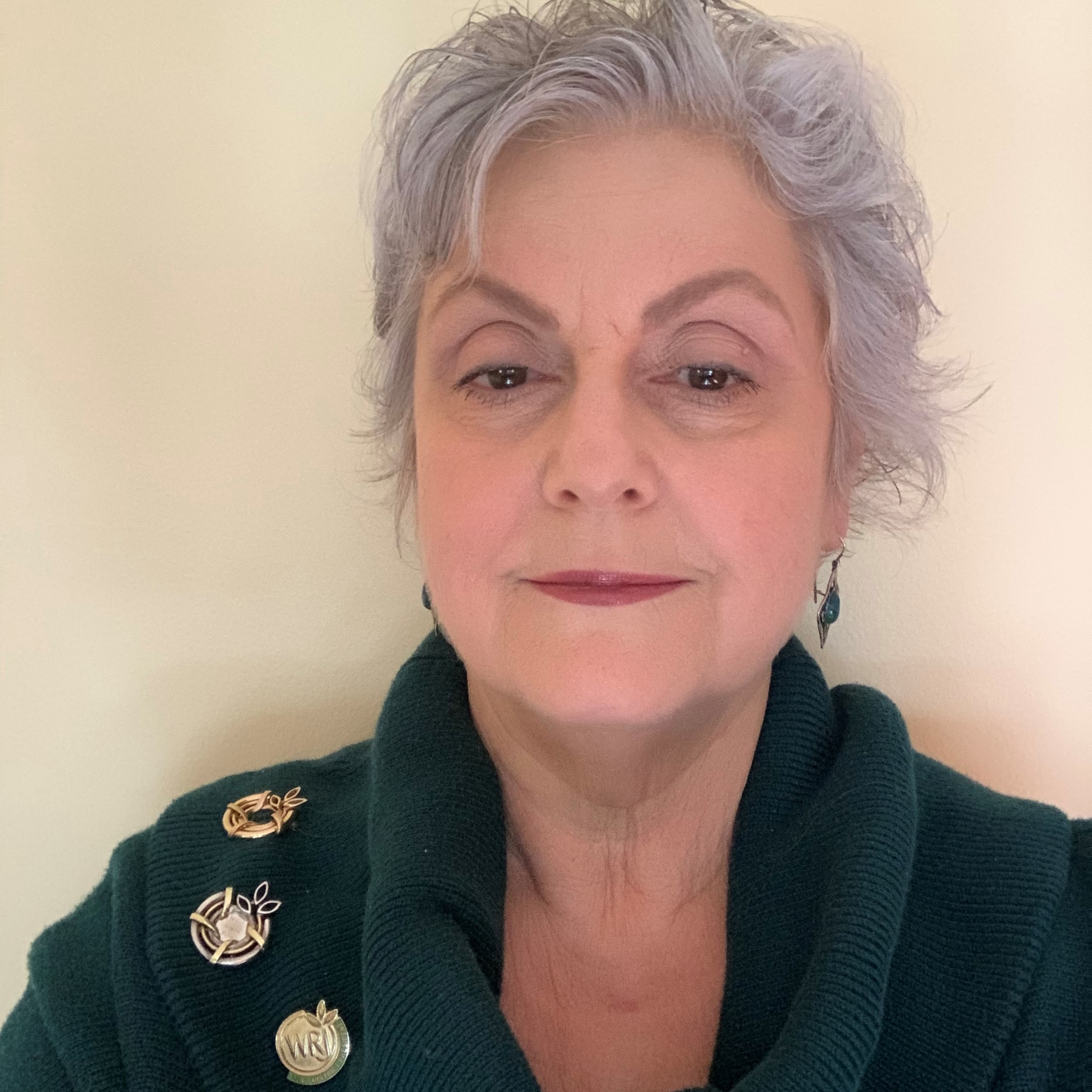
When I study Torah, I read the story of a people creating their own community structure. There is plenty of material to consider in this week’s double Torah portion, Matot Mas’ei. Double portions are read in non-leap years, and I am glad that this is one such year. This portion is the last in the Book of Numbers and the narrative tells of the end of the Israelites’ journey. They are poised to enter the Promised Land. It begins and ends with issues of concern to women.
Matot begins with instructions regarding the rights of women to make and keep vows. The vows of women who lived under the authority of a male head of household (married women and unmarried women) could be overruled by the male heads of their households, within a set period of time. The vows of divorced and widowed women could not be overruled by any man. Commentaries suggest that the restrictions on women’s vows are meant to balance the women’s intentions and the needs of their families and communities.
In order for a vow to be a vow, it must be spoken out loud. Today, the vows we make are embodied in the activities we pursue and the causes we support. Our vows and actions express our aspirations and ambitions, our determination to live lives of meaning.
Moving to the end of our double parashah, the narrative revisits the case of the five daughters of Zelophehad. Their situation was first presented in Numbers 27. The five women asked God to ensure that they would have the right to inherit land from their deceased father. God heard them and granted them this right. In Mas’ei, we learn that there are unplanned for consequences of that decision: the women might marry outside of their tribe, and control of their lands may pass into unfriendly hands. This is another illustration of the need to balance individual choices against the good of the family and community. In addition, this case shows the Israelites challenging God’s decision and persuading God to revise the previous ruling. The update reads: “They may marry anyone they wish, providing they marry into a clan of their father’s tribe.” (Numbers 36:6) And, a few verses later, the ruling is expanded so that any Israelite woman who inherited land from her father may only marry within her father’s tribe. Although their right to marry is limited, the daughters retain their right to property and thus, to power.
I have always been fascinated by this story. The five women are among the few whose names are listed in the Torah both in this story and in the earlier story. Mahlah, Noa, Hoglah, Milcah, and Tirzah are among the few women whose names are recorded in our sacred text. I believe that their names are recorded because this story of economic justice for women is one of the most important in our tradition. We see that we can advocate successfully for justice by speaking out loud.
One of the cornerstones of WRJ’s mission is to strengthen and unify the voices of women so we may “advocate for and promote progressive Jewish values.” WRJ educates and mobilizes our members and supporters to pursue the crucial work of tikkun olam: repairing our world. As part of the Religious Action Center of Reform Judaism Brit Olam program, and made possible through WRJ’s Social Justice Fund, the WRJ Reproductive Justice Campaign (RJC) will provide the organizing structure for Reform congregations, affiliated sisterhoods and women’s groups, and individual activists to take collective action under the umbrella of the Reform Jewish Movement. Stronger together, we will engage in the fight to secure and maintain our reproductive rights. We will push back against state and federal efforts to restrict or nullify access to abortion and advocate for policies that restore health and dignity to women as moral agents of their own medical and health care needs, ensuring that women will always be able to pursue their aspirations and ambitions.
Liz McOsker is a Member at Large of the WRJ Executive Committee and is the First Vice President of WRJ Central District.
Related Posts

Parashat Yom Rishon shel Rosh HaShanah

Cultivating a Culture of Accountability and Belonging


